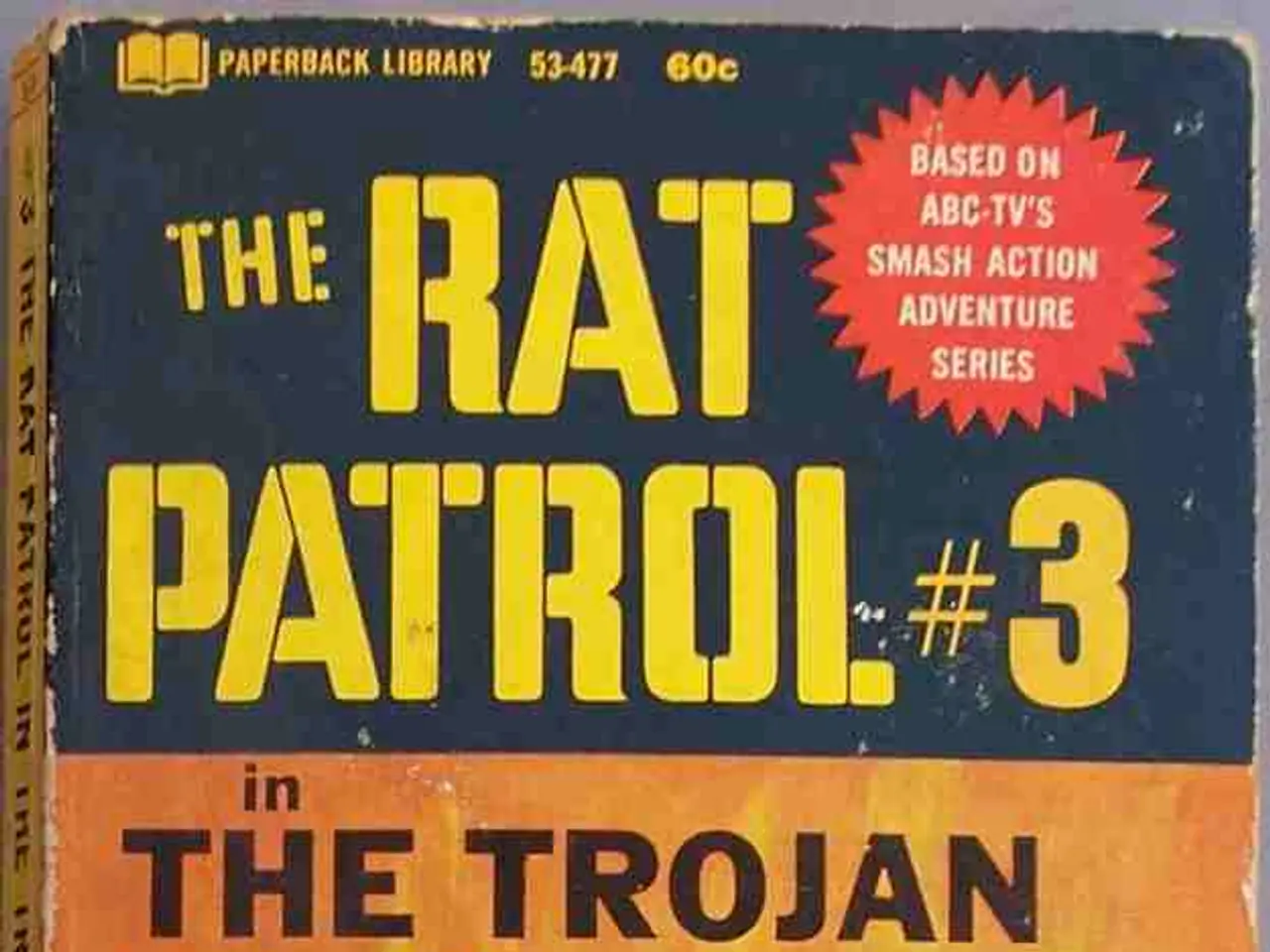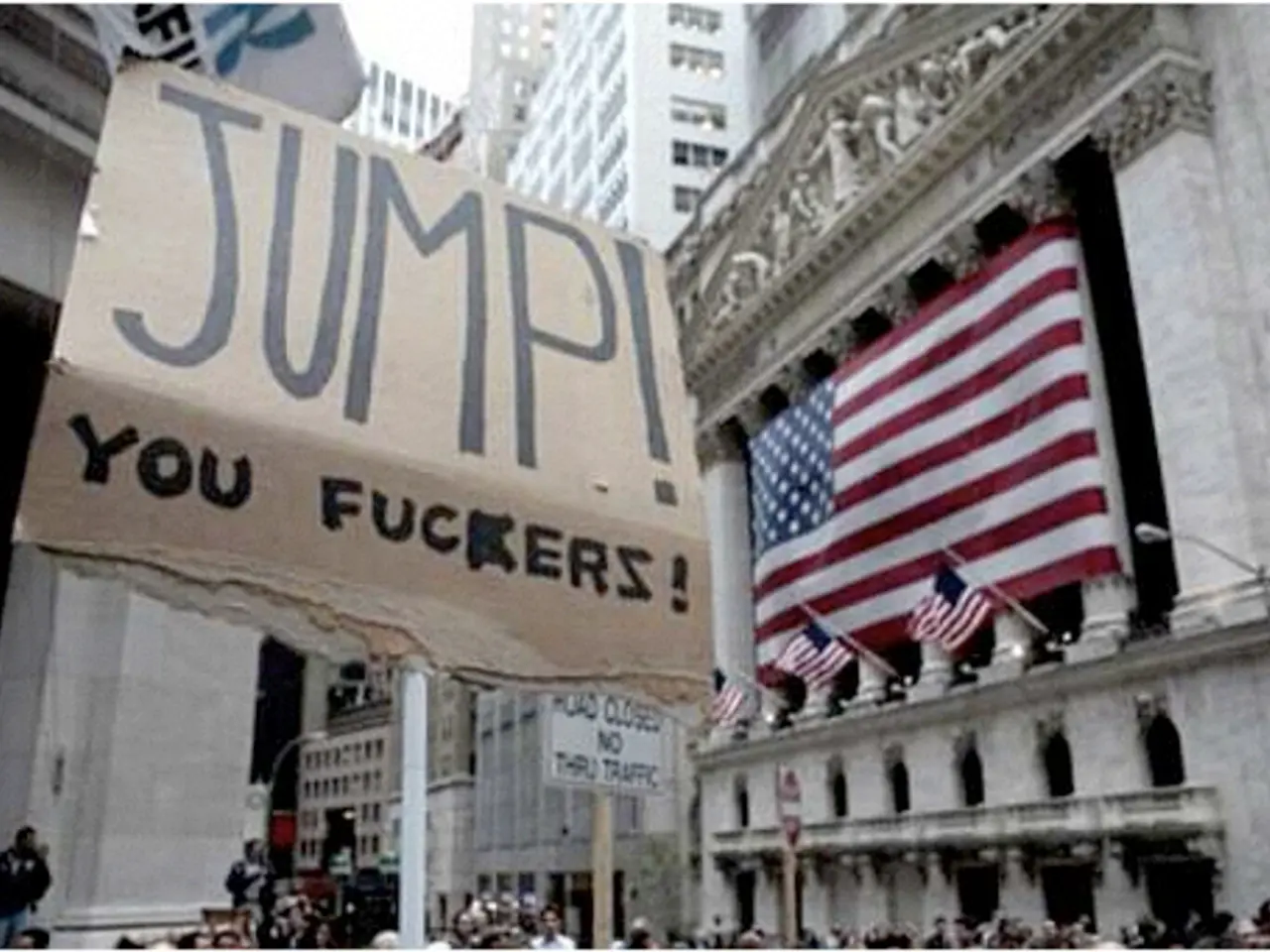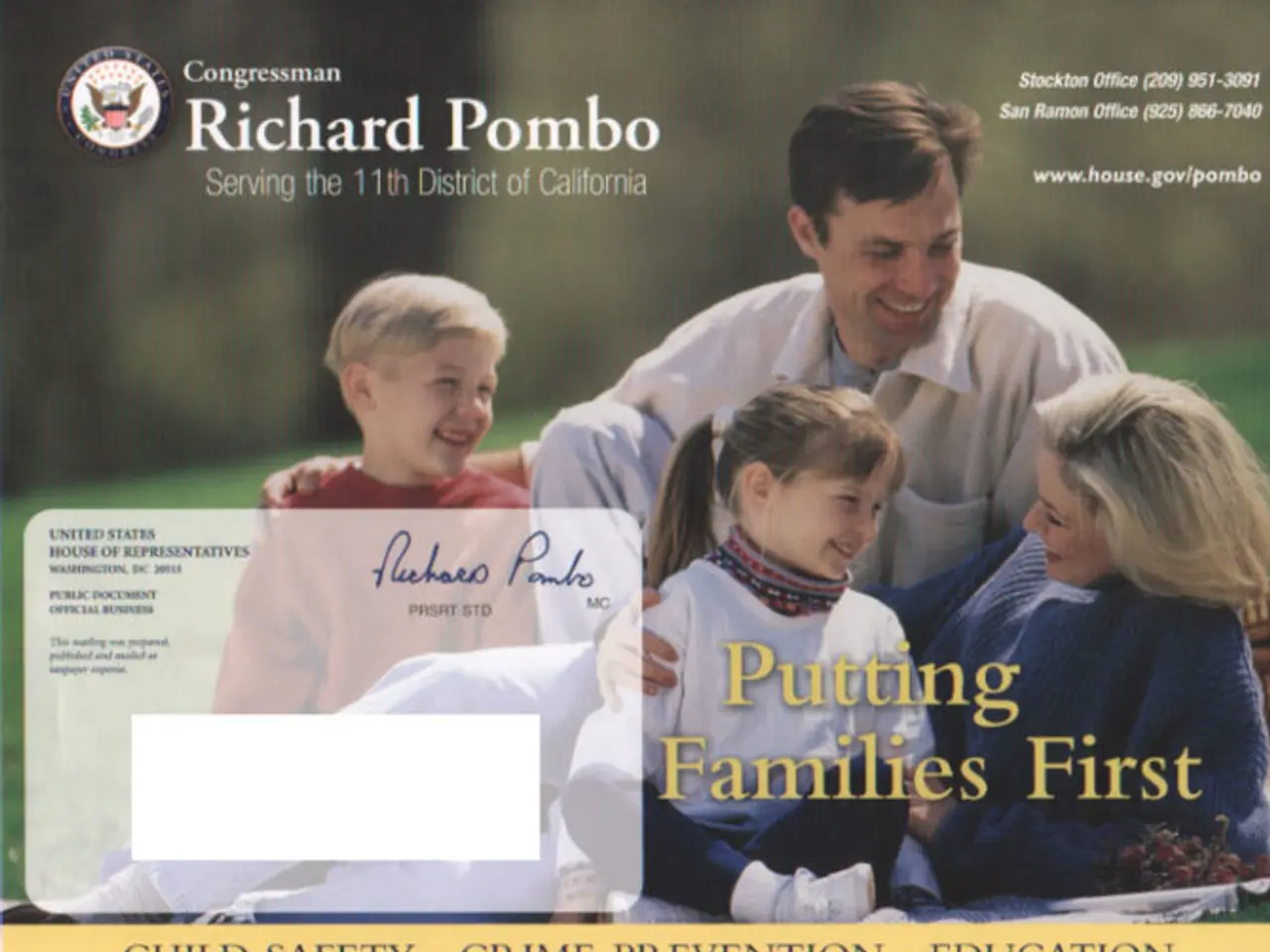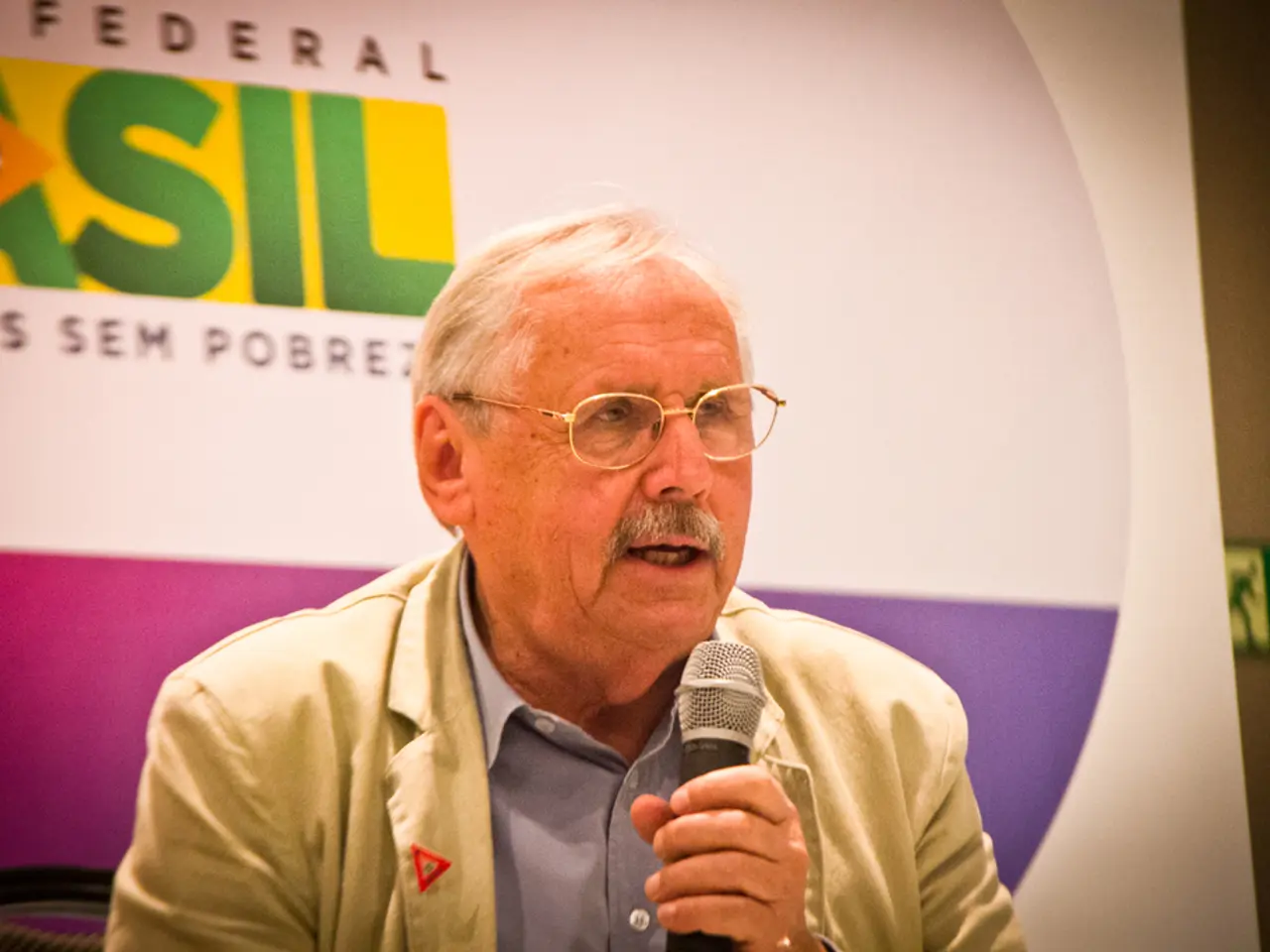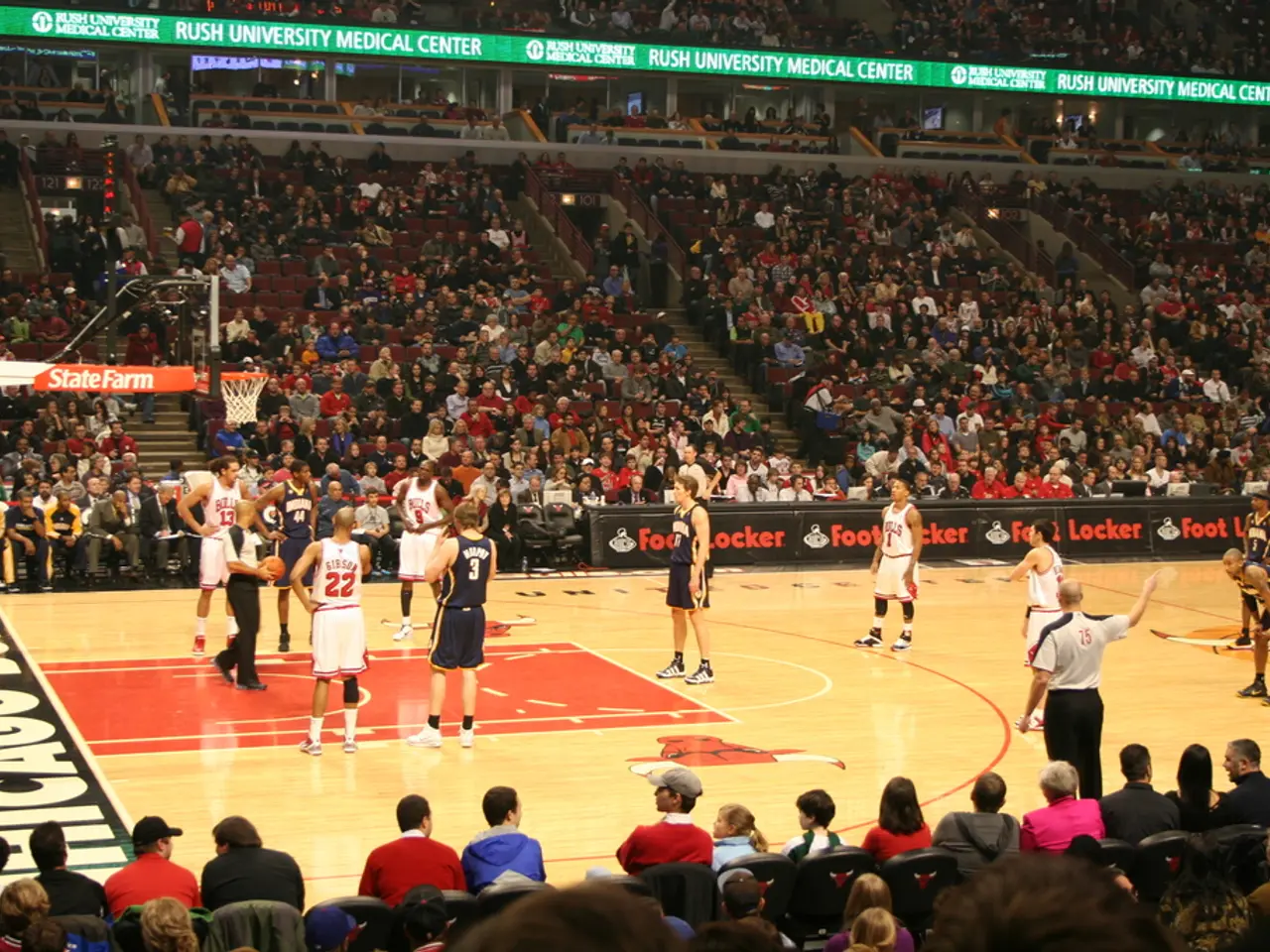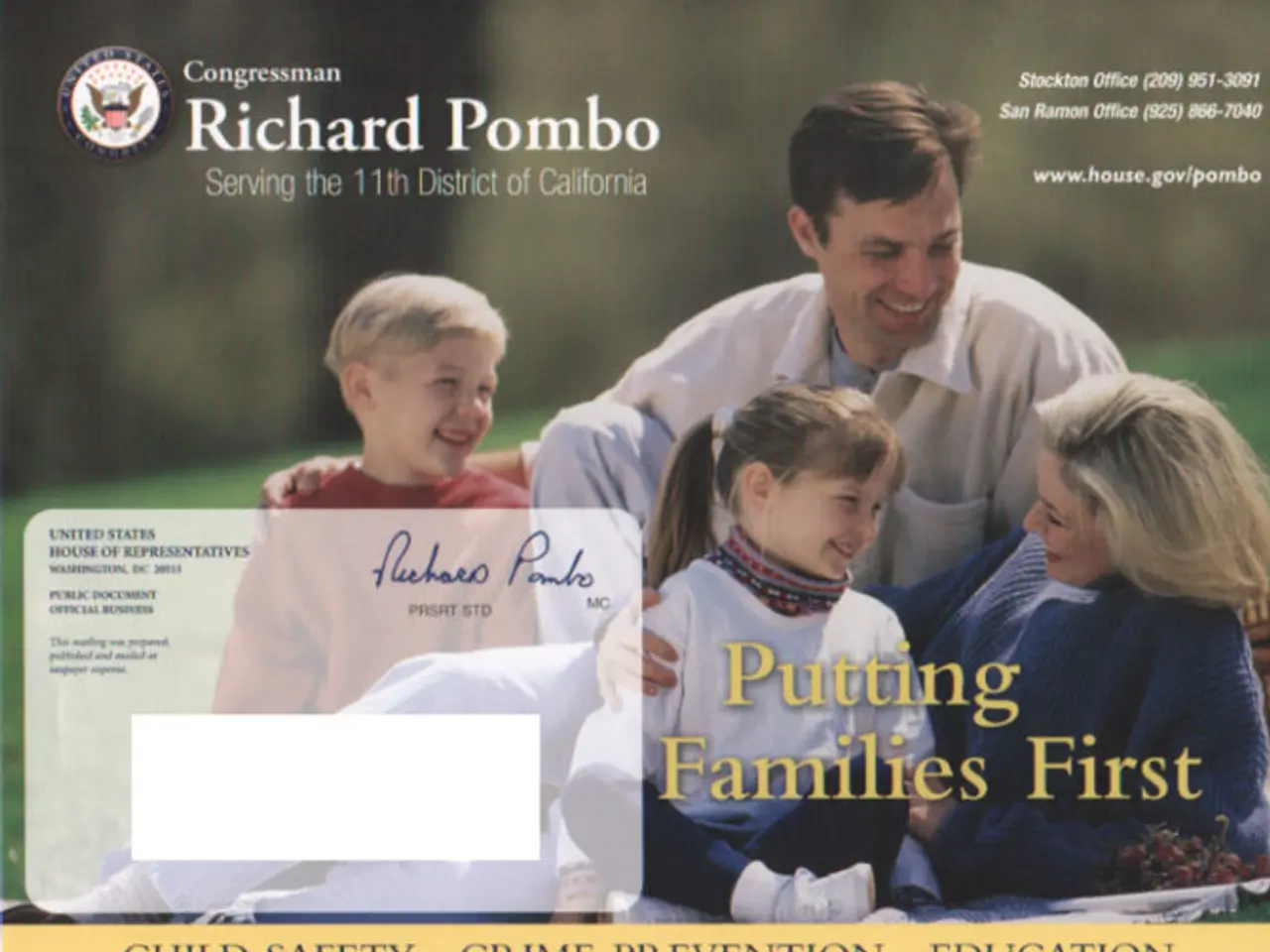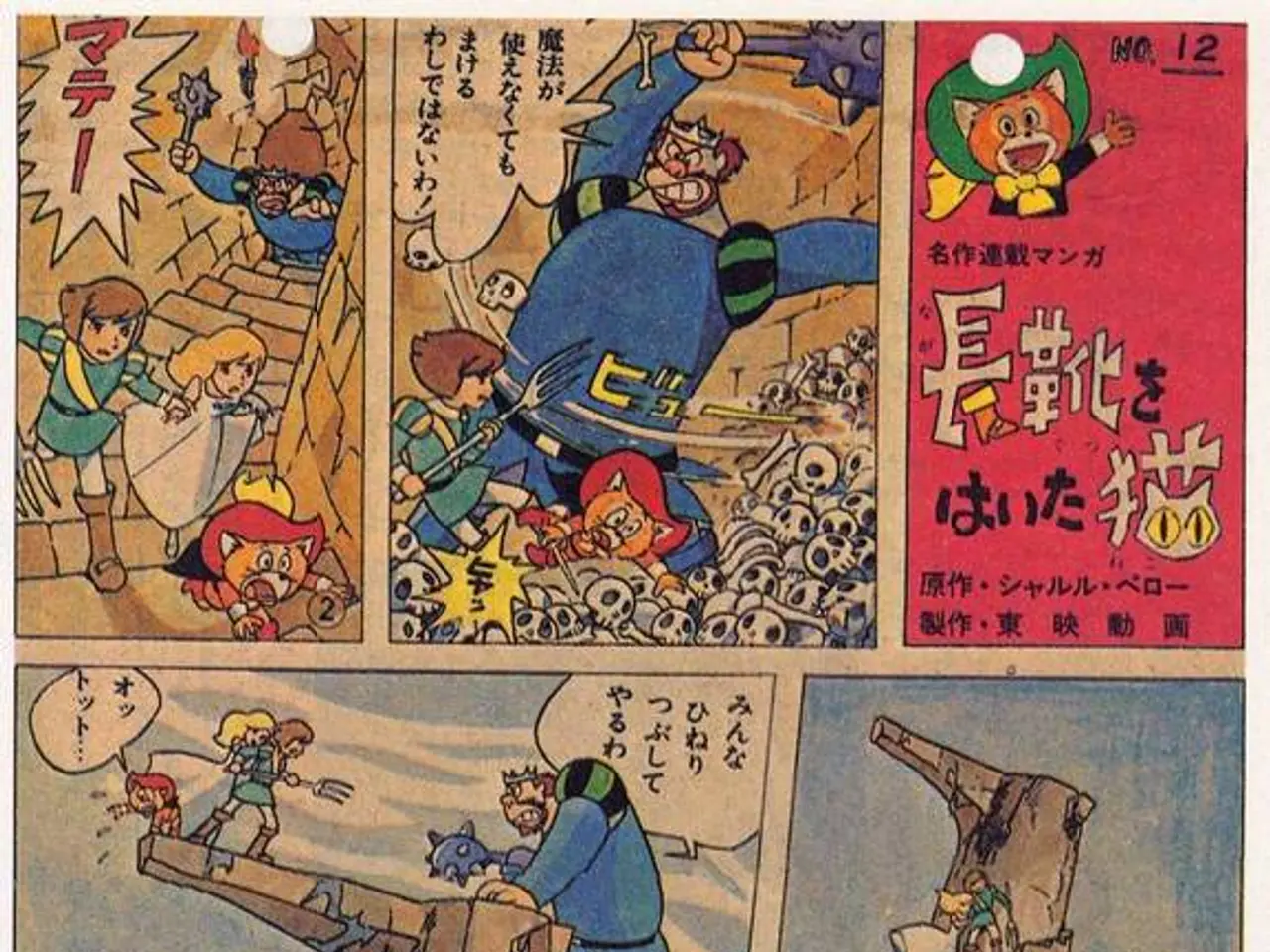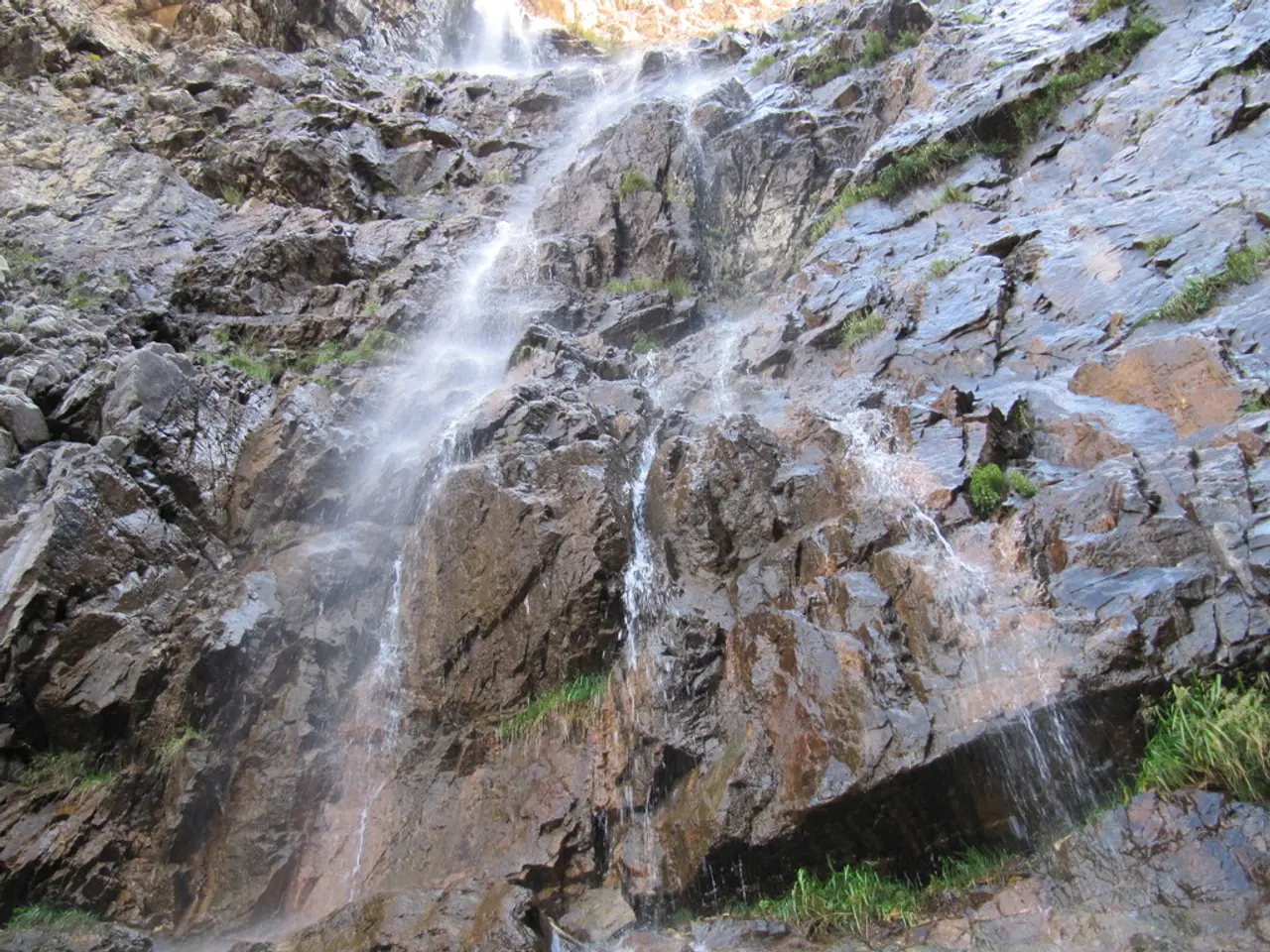Scholz, the German Chancellor, is set for a meeting with French President Macron in Paris next week.
In the ongoing conflict between Ukraine and Russia, Western support has been predominantly focused on military aid, advanced weapons, and training, rather than direct troop deployment.
As of mid-2025, there is no publicly confirmed plan for Western military contingents to be directly deployed inside Ukraine as combat forces. This decision is a strategic choice aimed at avoiding escalation and potential risks associated with troop deployment.
European nations, led by Germany, have significantly increased military aid to Ukraine, surpassing the United States in total aid. This aid includes advanced systems such as autonomous and AI-guided drones, suggesting a focus on sophisticated material and technical assistance.
Ukraine is evolving into a high-tech frontline, with domestic innovation and Western support enabling the production and deployment of large-scale drone swarms and autonomous warfare technology. This transformation underscores the Western commitment to supporting Ukraine, but it remains at the level of material and technical assistance.
NATO’s largest exercises remain outside Ukrainian territory, while Russia conducts large-scale military exercises near NATO borders. This dynamic highlights the continued preparation for potential escalation but does not indicate Western deployment inside Ukraine itself.
Various security scenario analyses expect the war to continue as a prolonged conflict with significant Western support in arms and finance. However, these analyses do not project Western combat troop deployment into Ukraine.
On the ground, Russia is using occupied Ukrainian territory to launch drone strikes. Western support, in response, focuses on enhancing Ukraine’s own defense capabilities rather than deploying Western soldiers inside Ukraine.
The internal divisions within German Chancellor Olaf Scholz's government over the issue of providing additional funding for Ukraine are evident. The debate is ongoing, with Scholz expressing skepticism about finding the necessary funds without extra borrowing, as his government cannot authorize it alone.
The situation in France is also complex. President Emmanuel Macron's approval ratings are at record lows, and the French parliament is currently fractured between three rival blocs. Despite these challenges, France is considering accelerating the delivery of weapons to Ukraine.
Macron and Scholz will meet ahead of Germany's early general election on February 23rd to commemorate the 1963 Elysee Treaty anniversary. During their discussion, the issue of supporting Ukraine is expected to be a key point. Reports suggest that Zelensky and Macron have discussed the possibility of Western military "contingents" being deployed to Ukraine, but as of now, there is no confirmed plan for such deployment.
In Germany, Scholz's Social Democrats are currently polling at 16%, while the conservative opposition CDU/CSU is polling at 31%. Former U.S. President Donald Trump has expressed concerns about cutting military aid or forcing Ukraine to accept a ceasefire favorable to Russia.
In conclusion, the current Western strategy emphasizes indirect involvement through military aid, technology transfer, and training, avoiding direct combat troop deployments inside Ukraine due to the risks of escalation. Despite internal debates and external pressures, there is no verified plan for Western military contingents to be deployed as combat forces on Ukrainian soil as of August 2025.
[1] Source: BBC News, "Ukraine crisis: What's the latest on Western military aid?", 2025 [2] Source: Reuters, "NATO to stage largest war games since Cold War amid tensions with Russia", 2024 [3] Source: The Washington Post, "Security analysts expect Ukraine war to continue as a prolonged conflict", 2025 [4] Source: The Guardian, "Ukraine war: Russia uses occupied territory to launch drone attacks on Kyiv", 2025
Money concerns have arisen within the German Chancellor Olaf Scholz's government regarding the issue of providing additional funding for Ukraine. Politics surrounding the matter are complex, with the debate still ongoing and Scholz expressing skepticism about finding the necessary funds without extra borrowing.
The focus of Western support in the ongoing Ukraine-Russia conflict mostly revolves around military aid, advanced weapons, and training, rather than direct troop deployment. This strategic choice is aimed at avoiding escalation and potential risks associated with troop deployment, as shown by the lack of a confirmed plan for Western military contingents to be directly deployed inside Ukraine as combat forces.
